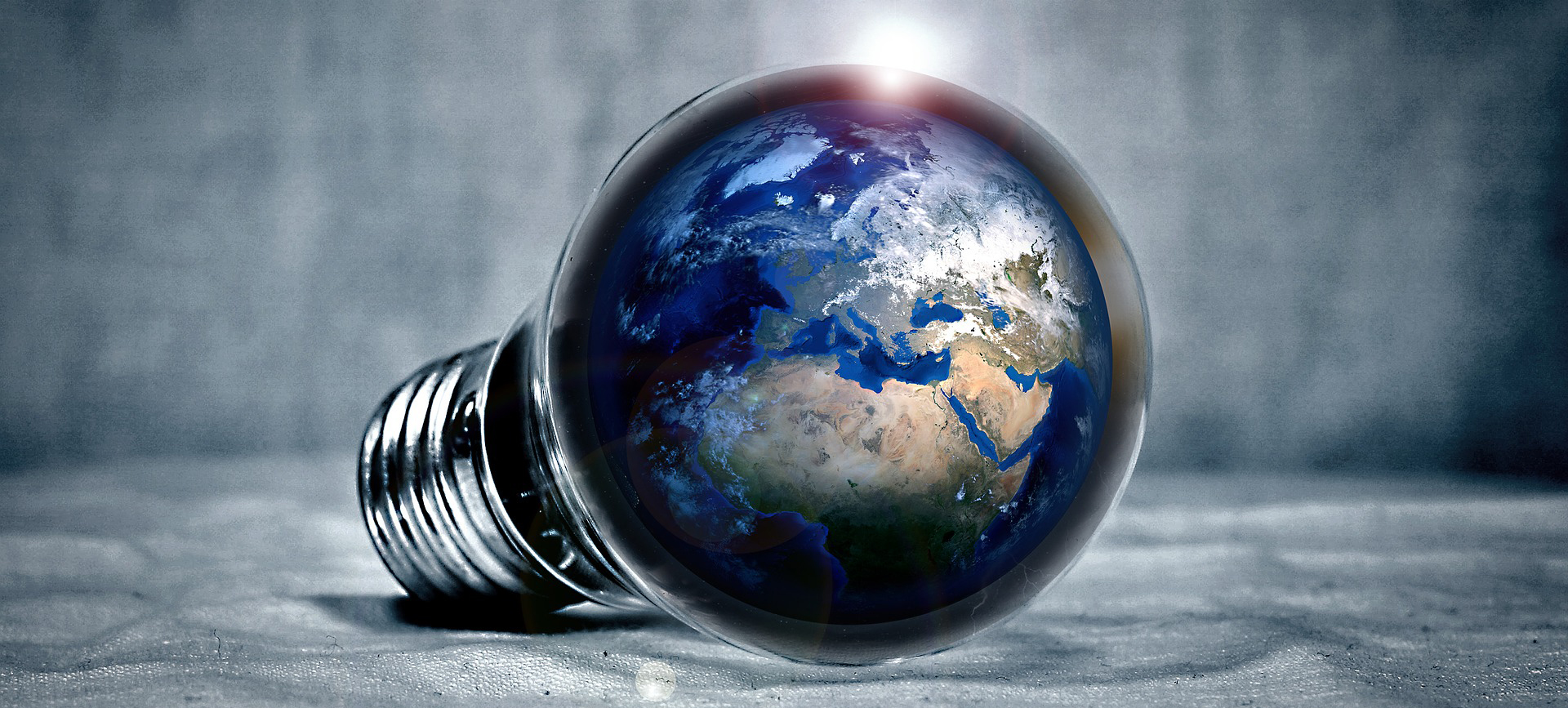Earth Hour began in Australia over a decade ago – and it’s still a reminder that we have a long way to go in adopting sustainable energy.
On Saturday 24 March, millions of people all over the world will switch their lights off for an hour, joining a global grassroots movement raising awareness about the need for climate action.
The event is co-ordinated by the Worldwide Fund for Nature, beginning in Sydney in 2007 and now officially operating in more than 7000 cities worldwide.
“Earth Hour for me is about not taking energy for granted and recognising that our use of energy, both as individuals and collectively, has a global impact,” says Professor Graham Town, Professor of Electrical Engineering at Macquarie who is currently running an ARC research project on distributed energy storage management systems, in the Sustainable Energy Systems Engineering group (SESE).
Critics of Earth Hour say that the event makes little difference to overall energy consumption.
They are missing the point, Graham suggests, adding that it’s really about raising awareness to produce long-term reductions in energy consumption.
“Earth Hour is great for raising awareness of the main causes of climate change and to make the point that, the easiest and therefore the first thing we should all do is avoid wasting energy and be more efficient in our use of energy,” he says.
Light bulbs contribute a relatively small portion of our energy usage, however, many Earth Hour participants also switch off their television, and heating or cooling as well.
Graham says that the campaign is also a reminder of the big steps that need to happen.
“To limit the effects of climate change, we need to shift to renewable/sustainable sources of energy as soon as possible,” he says.
“But currently the easiest and cheapest way to reduce our energy consumption and associated CO2 emissions is to avoid switching on unnecessary appliances in the first place; perhaps avoiding the need for more generators.”
Driving Earth Hour further
“I’ve been pursuing research in sustainable energy systems for several years, with a particular focus on electric vehicles,” says Graham.
“Not many people realise that transport consumes about 30 per cent of all energy used in developed societies, and it’s currently almost entirely powered by fossil fuels.”
He’d like to see future Earth Hour campaigns take the symbolism one step further.
“I think it would also be good if, in addition to turning off lights, no one used an internal combustion engine vehicle during Earth Hour,” he says. Electric vehicles are more efficient than combustion engine vehicles, and so produce about 20 per cent less emissions, even if charged from non-renewable sources.
Graham is heartened by the rapid advance of electric vehicles worldwide, with China, France, and Britain all announcing an intention to ban non-electric cars by 2040, and India targeting a switch over to all-electric vehicles by 2030.
The change-over to these vehicles is accelerating fast; while electric vehicles made up just 1.3 per cent of total vehicle sales worldwide in 2017, this is expected to rise to around 3 per cent of the global market by the end of 2018.
“The batteries in electric vehicles are a substantial storage resource which could be used to help the shift to renewable energy sources,” Graham adds.
Let us know all the ways you will be supporting Earth Hour in the comments below!


 Back to homepage
Back to homepage
And full marks to those who participated in Earth Hour AND the #Time2Choose rally and march last Saturday. I agree that Earth Hour is not an effective energy-saving exercise but it can be a good awareness-raising one – as long as the message is driven home that turning off the lights for an hour isn’t just about making people feel good about “doing something” without following up with real behavioural change and community and political support for renewable energy.
I’m running candles all night, in every room